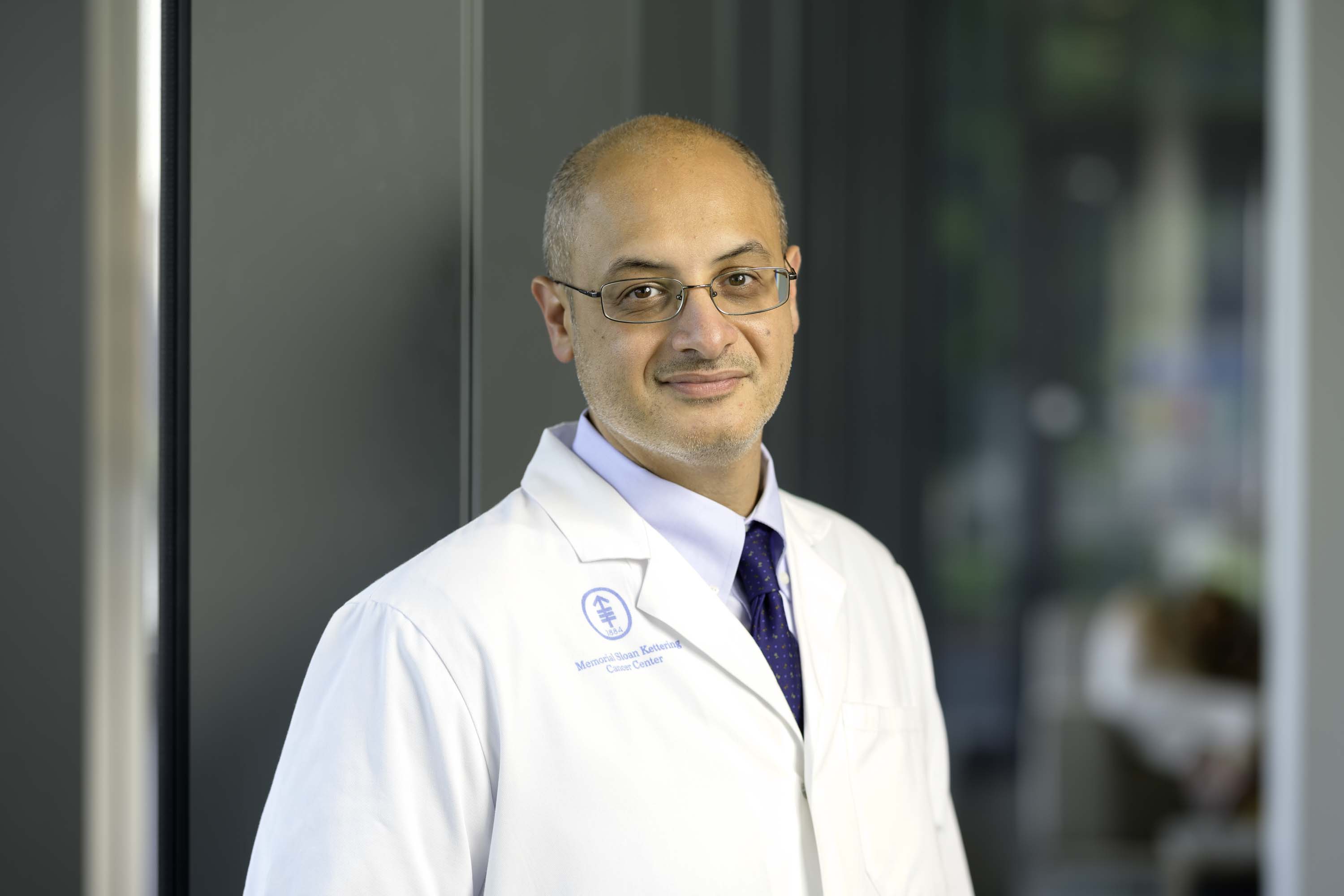
Bio

The research in my laboratory focuses on sensory signal processing, particularly on how fundamental yet simple synaptic mechanisms underlie our perception of the world around us. The functioning of the sensory systems is mediated by elaborate neuronal circuitry and could be dramatically altered by development, experience or during neurodegenerative diseases. These define major research interests of my laboratory--from fundamental mechanisms to rehabilitation.
We use vertebrate retina to study synaptic interactions and translate these findings to better understand neurological pathologies and evaluate strategies to delay or repair their outcome. This part of the brain is particularly amenable to experimental analysis for several reasons. First, retina is an accessible part of the central nervous system, which can be stimulated physiologically with light. Second, the output of the retina can be monitored with relative ease by intra- and extracellular recordings from its neurons.
Importantly, the retina is a site for several forms of severe neurodegenerative diseases that lead to vision loss and blindness; a number of mouse models that replicate human retinal degenerative diseases are available and provide necessary tools for these studies.
We probe the normal and impaired retina by making whole-cell patch recordings from morphologically identified neurons in the retinal preparation in vitro. These studies are then extended by monitoring the retinal output in living mice using recordings from single optic nerve fibers to characterize both basic properties as well as more complex interactions such as receptive field structure, response gain and adaptation. Recordings of field potentials from corneal surface (ERG) are used to evaluate retinal function noninvasively.
These studies are helping us better understand the functional plasticity of the retina, before, during and after the loss of photoreceptors and will potentially lead us to the development of successful treatment strategies.
